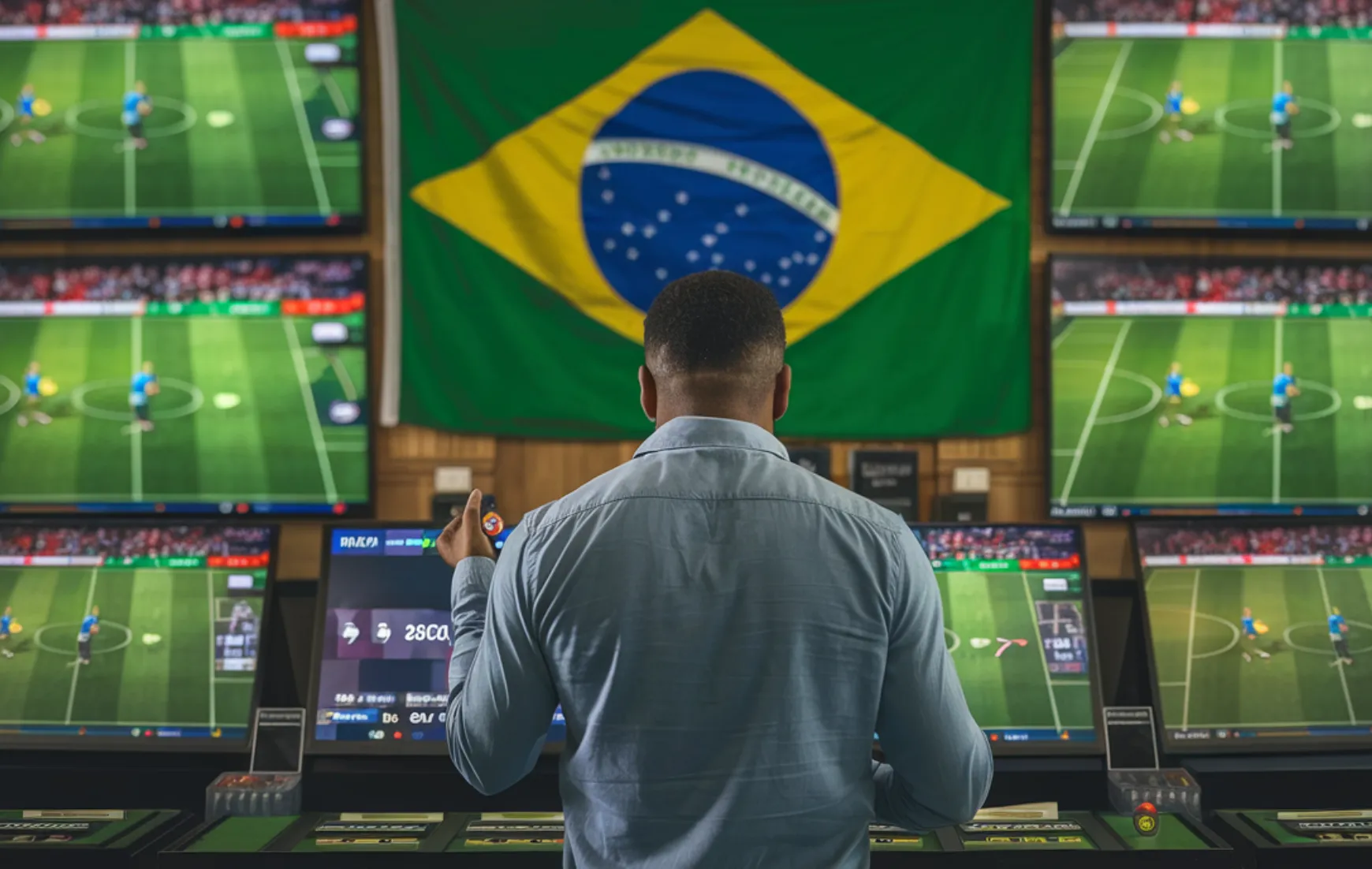
After years of stagnation, Brazil finally launched its own legal sports betting market on January 1, 2025. Although bookmakers have been tolerated in the country since 2018 and also pay the 12 percent gambling tax, there has not been a local license to date. A corresponding decree has been on the table for years, but had to be fully approved first. Incidentally, there has also been discussion for a long time about the legalization of casinos in Brazil, which could, among other things, boost tourism.
Now the wait is over, at least for betting fans – and the big players in the industry are in the starting blocks to get involved. No wonder: According to figures from a recent study by the IBIA (International Betting Integrity Association), the forecasts for the new market are gigantic. By 2028, sales are expected to grow to an incredible 34 billion US dollars – with an expected gross profit of 2.8 billion dollars.
- But the path to profit is anything but a sure-fire success: With 71 licenses issued by the gambling authority, this is not a “leisurely” showdown like in other countries. No, Brazil has been going full throttle in competition from the start. This makes the market one of the most open in the world – and that ensures a lot of competition.
- The companies also had to dig deep into their pockets to get involved: a license costs 30 million reals, the equivalent of almost 5 million euros. But that’s just the entrance ticket. Local offices, bank details and permits – anyone who wants to play here has to deliver first.
The effort seems to be paying off. In the first year of regulation, the Brazilian state is expected to collect around 2.3 billion dollars in taxes, according to the IBIA study mentioned above. At a tax rate of 12 percent, that would mean revenue of almost 20 billion: sums that not only make politicians rejoice, but also show why the major gaming providers are doing everything they can to be at the forefront of Brazil’s new sports betting era right from the start.
Who will win the race? Experts and insiders discuss the favorites in the Brazilian gambling market
When it comes to the Brazilian betting market, the wires in the industry are hot. Analyses, forecasts and strategies are flying through the air. The big question: who will grab pole position in the hotly contested competition? International experts see striking parallels to the start of the US betting industry a few years ago, where takeovers and mergers set the course for today’s frontrunners. Will Brazil follow the same script?
The favorites: Who invests the smartest?
- Flutter: Flutter Entertainment doesn’t do things by halves. The company, known for mega-deals such as the acquisition of FanDuel, recently snapped up a 56 percent stake in the Brazilian provider Betnacional – for a mere $350 million. And that’s just the beginning. Flutter is relying on a strategy they call “Local Hero”: This involves using local brands that are firmly anchored in the region for their own purposes. The goal: a whopping 25 percent market share in Brazil by 2030. Analysts are optimistic: The company’s previous acquisitions have already brought investors an additional $200 per share.
- MGM: MGM Resorts International also made a decision early on. They are cooperating with the Brazilian media giant Grupo Globo to put their BetMGM brand in the spotlight. Incidentally, BetMGM has also arrived in Europe – with platforms for Great Britain, the Netherlands and Sweden. Globo reaches 70 million people every day via TV, radio and digital channels – an unbeatable advertising machine. Experts are curious: Can the media partnership model, which was a flop in the USA, be a success in Brazil?
- Europe and Asia: European giants such as Entain, Betano and Betsson are also keeping an eye on the market. Incidentally, Betsson recently reported record sales of more than 300 million US dollars for the third quarter of 2024. The bookmaker Betano is now generally a first-class global player. Some Asian companies – including former black market operators – are sensing their chance to gain a foothold legally. And then there are the US heavyweights such as DraftKings, who are holding back for now and watching how the competition develops. It is not unlikely that a few more initiatives will follow here – but by then the “early birds” will certainly have made tens of millions and built up a large fan base.
Why Brazil is different
The race for market share in Brazil is different from other countries. It’s not just capital that counts here, but above all local expertise. By law, providers must demonstrate a physical presence in the country. While some of them open offices, others prefer to buy already established local brands. M&A (merger and acquisition) is therefore the buzzword of the hour.
Another distinguishing feature is the immense trust that Brazilian consumers place in well-known brands. Partnerships with media companies or other local big names can make the difference here. No wonder experts believe that Grupo Globo could give BetMGM a real bonus in the fight for the favor of Brazilian bettors.
But not everyone is euphoric. Some providers are taking a more cautious stance, also because of the political discussions about regulation. Critics predict increased risks of gambling addiction – and the fact that betting fraud is commonplace in Brazil’s football leagues does not exactly help bookmakers to have a good reputation on all sides. The market seems lucrative, but at the same time unpredictable. And as in the USA, those who position themselves too broadly could be overwhelmed by specialized providers.
The conclusion?
The Brazilian betting industry is only just beginning. Whether Brazil becomes a new gambling mecca depends not only on capital and deals – but also on who can best master the balance between size, trust and local presence. The next few months promise exciting developments!




Be the first to comment